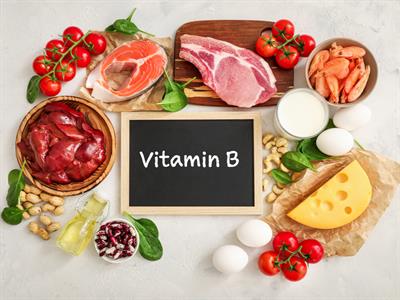PDF chapter test TRY NOW
Carbohydrate-rich foods
Carbohydrates are the main source of energy which provides energy to the body. Carbohydrates are primarily present in the plant foods, but also occur in dairy products like milk.
Carbohydrates in the foods occurs in various forms which include:
1. Sugar - Includes sugars that are present naturally in foods. Sources of sugars in food includes fruits, honey, cane sugar, and sugar beet.
2. Starch - Starch comes under the category of complex carbohydrates. They are polymers of glucose. Sources of starch includes rice, wheat, maize, potato.
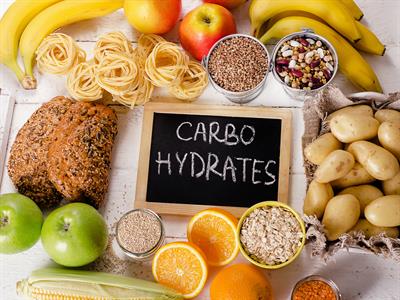
However, carbohydrates in excess amount can lead to diabetes, obesity and other health complications.
Protein-rich foods
Our body needs proteins for growth, repair, and other body functions like digestion. It gives structure and support to our cells. Proteins are the building blocks of the body. They are usually considered as "healthy foods". Hence people who are suffering from various health issues prefer taking more protein-rich food as a replacement for carbohydrates.
Example:
Some of the protein rich foods are egg, almonds, cheese, broccolis, oats.
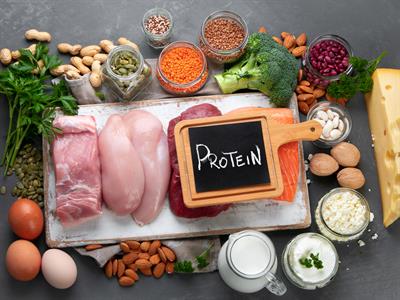
Food containing fat
Fats are also energy providers to keep us healthy and active. But fat rich foods when taken in greater quantity will lead to a lot of health complications. There exists good fats and bad fats. Good fat include unsaturated fats which are polyunsaturated and monounsaturated fatty acids. Monounsaturated fatty acids are present in foods such as nuts, peanut butter and almond butter, vegetable oils.
Fats also insulates the body and protects the cells present in the body. They exist as good fats and bad fats. Good fats include unsaturated fats which are polyunsaturated and monounsaturated fatty acids. Monounsaturated fatty acids are present in nuts, peanut butter, almond butter, and vegetable oils.
Bad fats include trans fats and saturated fats which are found in higher quantity in french fries, baked foods(cakes, pastries) and processed snacks. The diagram below gives a list of fats, both good and bad.
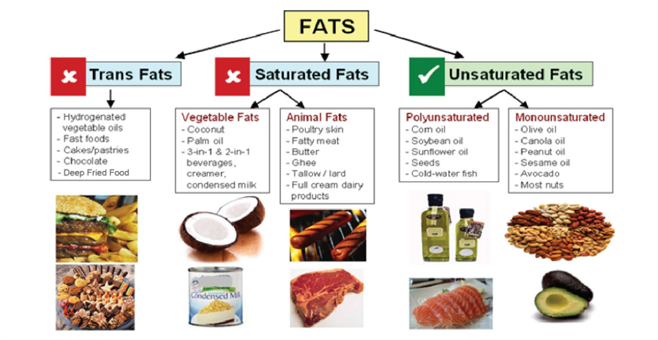
Vitamins
Vitamins are essential for carrying out different biochemical reactionsthat take place in the body. It is required to make the body's immune system to fight against the disease. Vitamins are thus called asprotective food.
Example:
Fruits, vegetables, whole grains, meat products are sources of vitamin.
There are various types of vitamins available in various foods such as
vitamin A, vitamin C, vitamin D, vitamin E, vitamin K and group of vitamin B such as vitamin B1, B12, B2,etc.
Important!
The vitamins B and C are water-soluble, while the other vitamins A, D, E, and K are fat-soluble.
Water-soluble vitamins
Vitamin C:
Vitamin C is rich in citrus fruits such as oranges, gooseberries, strawberries and all kinds of berries. It is very important to develop our immune system and to keep your teeth strong and healthy.
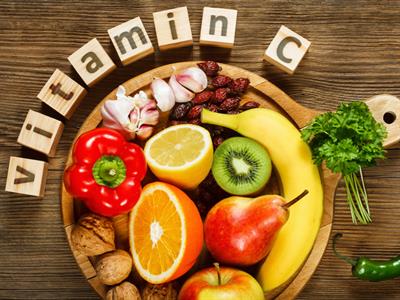
Vitamin B:
Vitamin B plays an essential role in the maintenance of good health and well-being. It is important for the brain function and in cell metabolism. It plays a vital role in a healthy nervous system, the formation of red blood cells (RBCs) and for good skin. It is a water-soluble vitamin present in whole grains, including oats, milk, unpolished rice, peas, lentils, fish, meat, and green vegetables.
Group of vitamins such as vitamin B1, vitamin B2, vitamin B3, vitamin B5, vitamin B6, vitamin B9, vitamin B12, etc. These are collectively called as complex vitamins.
All these vitamins are highly essential for good skin, and to avoid nervous problems, fatigue and to avoid lack of red blood cells.
Eggs, legumes (beans and lentils) and dairy products are highly vitamin B rich foods.
